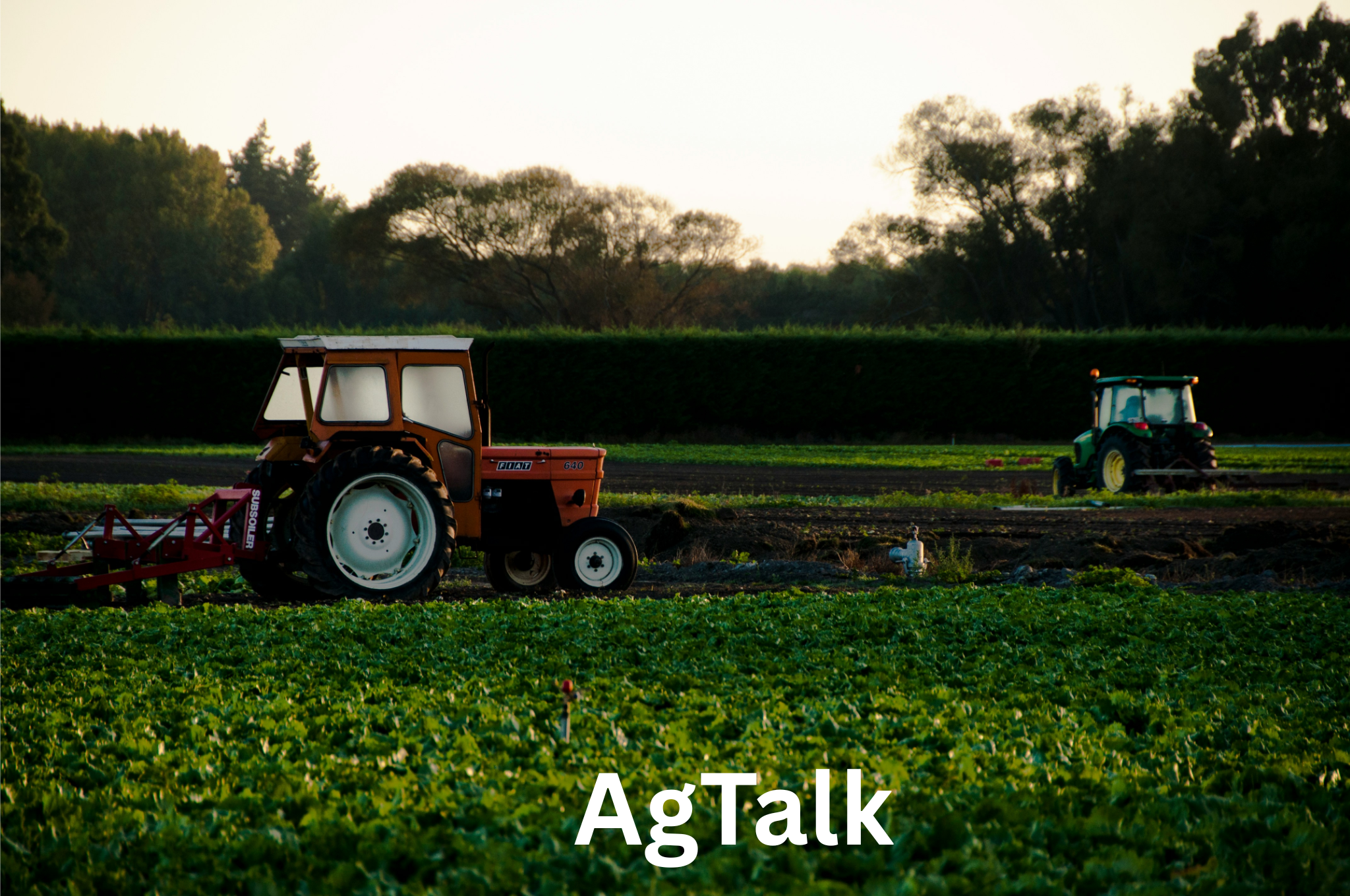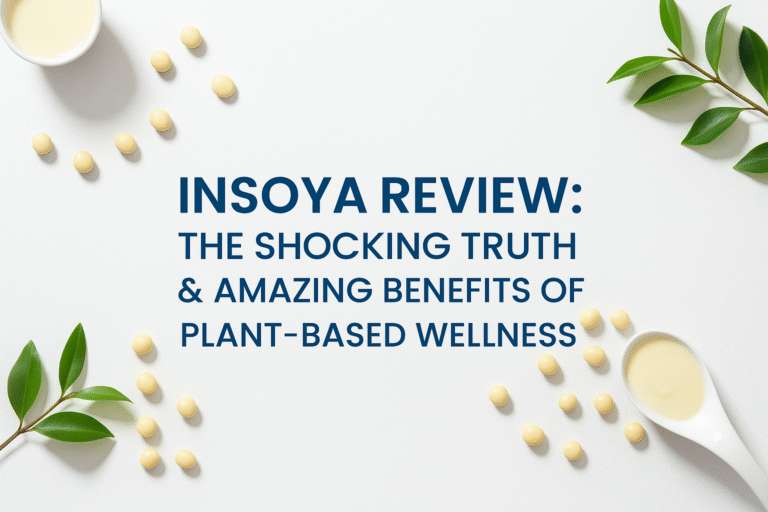AgTalk: Breaking Barriers & Building Hope in Canadian Agriculture Mental Health
Introduction to AgTalk and the Importance of Mental Health in Agriculture
In the vast fields of Canada, where crops sway gently in the breeze and livestock roam freely, there’s a silent battle taking place. It’s not just about the weather or market prices; it’s about mental health. The agricultural industry, often romanticized for its hard work and connection to nature, also carries with it heavy burdens that can lead to stress and anxiety.
Enter AgTalk—a platform dedicated to breaking barriers and building hope within Canadian agriculture. Here, farmers find a space not only to connect but also to share their experiences related to mental health challenges they face daily. As we delve deeper into this vital conversation, we’ll shine a light on common struggles faced by those working tirelessly in our fields while exploring how initiatives like AgTalk are fostering resilience and understanding among agricultural communities across Canada. Join us as we navigate this important topic together!
You Might Also Like: Tek-102 Review: Master Digital Skills & Avoid Eco Recycling Mistakes
Common Mental Health Challenges Faced by Farmers
Farmers face a unique set of stressors that can impact their mental health. Long hours in physically demanding work often lead to fatigue and burnout. The pressure to produce results year-round adds an overwhelming burden.
Isolation is another significant challenge. Many farmers operate alone or with minimal social interaction, making it hard to share feelings or seek support. This solitude can intensify feelings of anxiety and depression.
Additionally, financial uncertainty looms large over agricultural operations. Fluctuating market prices and unpredictable weather patterns create a constant state of worry about sustainability.
These challenges are compounded by the stigma surrounding mental health discussions in farming communities. Farmers may hesitate to voice their struggles for fear of being judged or perceived as weak, leaving many without crucial support systems when they need them most.
You Might Also Like: Kirby Dedo: The Beloved Yet Controversial Character Fans Can’t Ignore
The Stigma Surrounding Mental Health in Agriculture
Mental health stigma in agriculture runs deep. Many farmers feel pressured to maintain a tough exterior. This pressure often discourages them from seeking help.
The culture of self-reliance is strong in rural communities. Asking for support can be perceived as weakness. This mindset creates barriers that prevent open conversations about mental health challenges.
Farmers often face unique stressors—weather unpredictability, financial instability, and long hours contribute significantly to their emotional strain. Yet discussing these issues remains taboo.
Consequently, many suffer in silence, believing they are alone in their struggles. The fear of judgment keeps vital discussions hidden away.
Changing this narrative is essential for fostering healthy agricultural communities. By normalizing conversations around mental health, we create safe spaces where individuals feel empowered to share their experiences without fear or shame.
You Might Also Like: Slylar Box: Innovative Modern Storage Solution or Disappointing Overhyped Design?
Strategies for Coping with Stress and Promoting Positive Mental Health
Finding balance in the fast-paced world of agriculture can be challenging. One effective strategy is establishing a daily routine. A structured day brings predictability, which can reduce anxiety.
Mindfulness practices can also make a significant difference. Simple techniques like deep breathing or meditation help ground oneself amid chaos. Taking just five minutes to focus on your breath can refresh your mind.
Physical activity shouldn’t be overlooked either. Regular exercise releases endorphins, improving mood and reducing stress levels. Even a short walk through the fields allows for reflection while promoting physical health.
Connecting with peers is vital too. Sharing experiences fosters understanding and support within the farming community. Engaging in conversations about mental health breaks down barriers and builds camaraderie.
Remember that it’s okay to ask for help when needed. Seeking professional guidance shows strength, not weakness, ensuring you remain resilient during tough times.
Resources Available for Farmers and Agricultural Communities
Farmers and agricultural communities have a wealth of resources at their fingertips. Various organizations offer support tailored to the unique challenges faced by those in agriculture.
Mental health hotlines provide immediate assistance, allowing farmers to speak confidentially with trained professionals. Accessing these services can be a lifeline during tough times.
Online platforms also play a crucial role. Websites dedicated to farm management often include sections on mental well-being, offering advice and coping strategies specific to agricultural life.
Local community groups frequently organize workshops focused on mental health awareness. These gatherings promote dialogue, reduce stigma, and foster connections among farmers facing similar struggles.
Additionally, social media channels like AgTalk create virtual spaces for sharing experiences and seeking guidance from peers who understand the pressures of farming life. Engaging with such communities enhances resilience while building valuable networks of support.
Success Stories: How AgTalk is Making a Difference in Canadian Agriculture
AgTalk has emerged as a beacon of hope for many in the agricultural community. Through its innovative platform, countless farmers have found a safe space to share their struggles and triumphs.
One standout story comes from a dairy farmer in Ontario who faced severe anxiety due to market fluctuations. After connecting with others on AgTalk, he learned coping strategies that helped him manage his stress. He now leads discussions on financial wellness within his local farming group.
Another inspiring tale is that of a young couple who transformed their mental health through peer support offered by AgTalk sessions. They felt isolated but discovered solidarity with fellow producers facing similar challenges.
These stories illustrate how AgTalk fosters connections and encourages dialogue around mental health issues in agriculture, breaking down barriers one conversation at a time.
Conclusion: Breaking Barriers and Building Hope for a Brighter Future in Agriculture
The journey of AgTalk is a testament to the resilience found within Canadian agriculture. By addressing mental health openly, farmers are beginning to break down the walls that have long surrounded this critical issue. The stories shared and connections made through AgTalk foster a community where support thrives.
As more individuals come forward with their experiences, it creates an environment of understanding and acceptance. This shift not only aids those struggling but also encourages others to prioritize their mental well-being without fear of judgment.
With ongoing resources and strategies for coping, agricultural communities are learning to embrace vulnerability as strength. As they work together, hope flourishes on the farmstead. The future looks promising when farmers unite in conversations about mental health.
AgTalk stands at the forefront of this movement, inspiring change across Canada’s vast landscapes. Building these bridges allows farmers not just to survive but truly thrive in both life and work.
A brighter future awaits as we continue breaking barriers and fostering hope throughout our farming communities.







